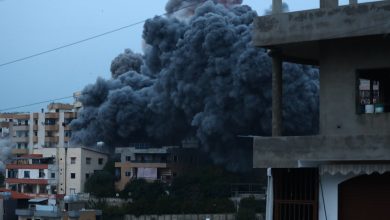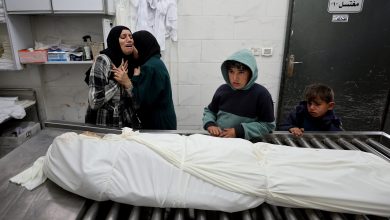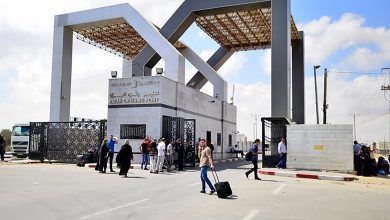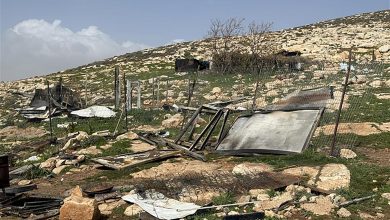A recent assessment reveals a concerning trend among children in the Gaza Strip, with a significant majority exhibiting aggressive behaviors linked to the ongoing conflict. The findings, released by humanitarian partners operating in the region and compiled by the United Nations Office for the Coordination of Humanitarian Affairs (OCHA), highlight the devastating impact of instability and insecurity on the psychological well-being of Gaza’s youngest residents.
The assessment indicates that over 90% of children in Gaza are displaying signs of aggression. Disturbingly, 90% of those children are showing violence towards younger children. The data also reveals widespread sadness and isolation, affecting 86% of children. Sleep disturbances are also rampant, impacting 79% of the child population, while 69% are showing a reluctance to attend school.
Humanitarian organizations emphasize that children in Gaza will require sustained and long-term support to recover from the traumas they have experienced. The report notes the persistence of deadly violence and pervasive insecurity, exacerbated by continued Israeli military operations near the so-called “Yellow Line.” OCHA reports that the Israeli military maintains a presence in this area, which constitutes over 50% of the Gaza Strip.
Access to the sea remains restricted, and there are reports of continued arrests of Palestinian fishermen by Israeli forces. Outside the Yellow Line, daily bombings of residential buildings are reported, and access to humanitarian assets, public infrastructure, and agricultural land remains limited or completely prohibited.
The humanitarian crisis has resulted in approximately one million people, nearly half of Gaza’s 2.1 million residents, currently living in 862 displacement sites. The situation underscores the urgent need for comprehensive and sustained interventions to address the immediate and long-term needs of children affected by the conflict. The focus must be on providing psychological support, ensuring access to education, and creating safe and stable environments for Gaza’s children to heal and rebuild their lives. Without such interventions, the long-term consequences of this trauma could be devastating.




